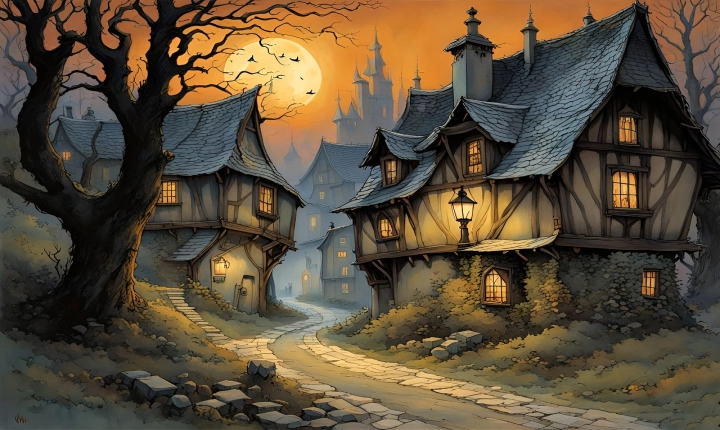Title: Can You Sell AI Artwork? Exploring the Boundaries of Creativity and Technology
In recent years, the art world has been seeing a new player entering the scene: artificial intelligence (AI). With the advancement of technology and machine learning algorithms, AI has been used to create stunning and thought-provoking artwork, raising the question: can you sell AI artwork?
The debate surrounding the sale of AI-generated artwork touches upon various aspects of creativity, originality, and authorship. While traditionalists may argue that true artistry and creativity can only come from human artists, others argue that AI-generated art is a legitimate form of creativity and can be just as valuable as traditional artwork.
One of the key factors in determining the saleability of AI-generated artwork is the notion of authorship. Who is the true creator of the artwork? Is it the human artist who programmed the AI and set the parameters, or is it the AI itself, which autonomously generated the artwork based on its programming?
Legally, copyright law has been a point of contention in the debate over AI-generated artwork. In many jurisdictions, copyright is granted to the creator of the work, but in the case of AI-generated artwork, it becomes murky. Some argue that the human programmer should be considered the creator, while others suggest that the AI itself should be recognized as the creator.
In addition to the legal challenges, there are also ethical considerations when it comes to selling AI-generated artwork. For example, should the sale of AI artwork be subject to the same ethical considerations as traditional artwork, such as ensuring fair compensation for the artist and preserving the integrity and authenticity of the work?
Despite the controversies, there are examples of AI-generated artwork being sold in the art market. In 2018, a painting created by an AI algorithm was sold at auction for over $400,000, sparking further discussions about the potential value and marketability of AI-generated art.
From a buyer’s perspective, the appeal of AI-generated artwork lies in its novelty, its unique blend of human and machine creativity, and its ability to challenge traditional notions of art and authorship. Some collectors may be drawn to the idea of owning a piece of art that was created by a non-human entity, and the technological aspect of AI-generated artwork may intrigue art enthusiasts and technophiles alike.
As technology continues to advance and AI continues to evolve, the sale of AI-generated artwork is likely to become more pervasive in the art market. This raises questions about the future of creativity, the role of technology in art, and the changing landscape of the art world.
In conclusion, the sale of AI-generated artwork presents a complex and multifaceted issue that challenges traditional notions of artistry, authorship, and creativity. As AI technology continues to develop, it is important for the art world to grapple with the legal, ethical, and artistic implications of AI-generated artwork, and to adapt to the changing landscape of creativity and technology. Whether AI-generated artwork becomes a mainstream part of the art market remains to be seen, but its presence has certainly sparked a lively debate within the art community.
